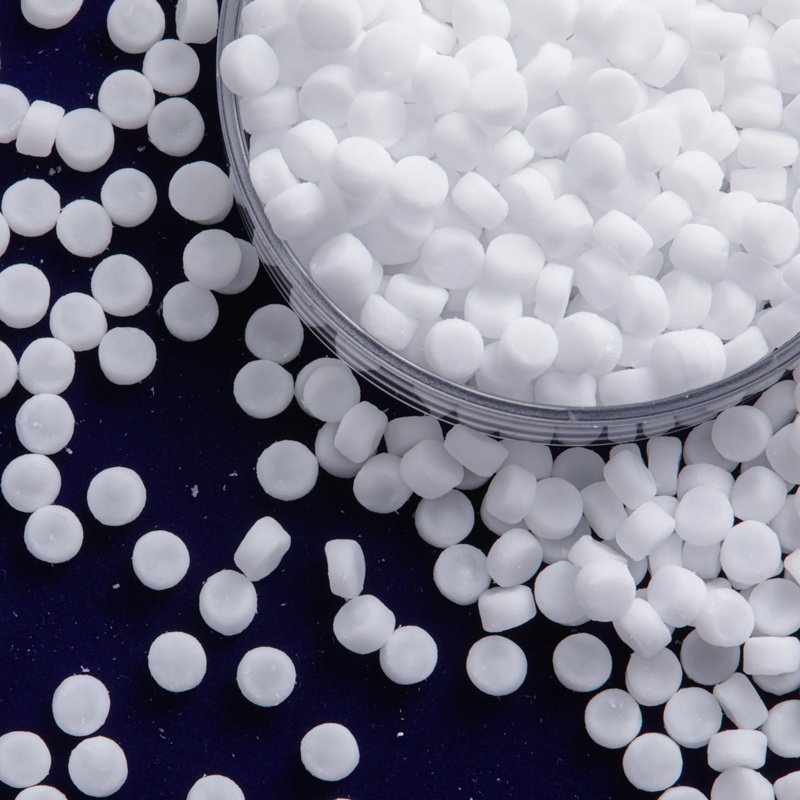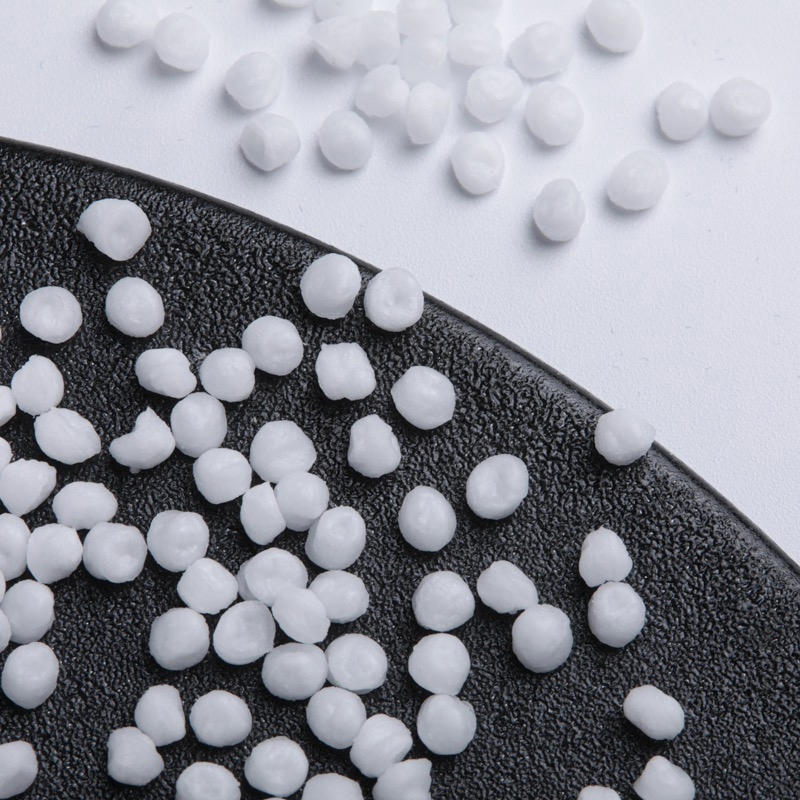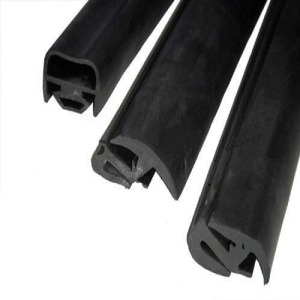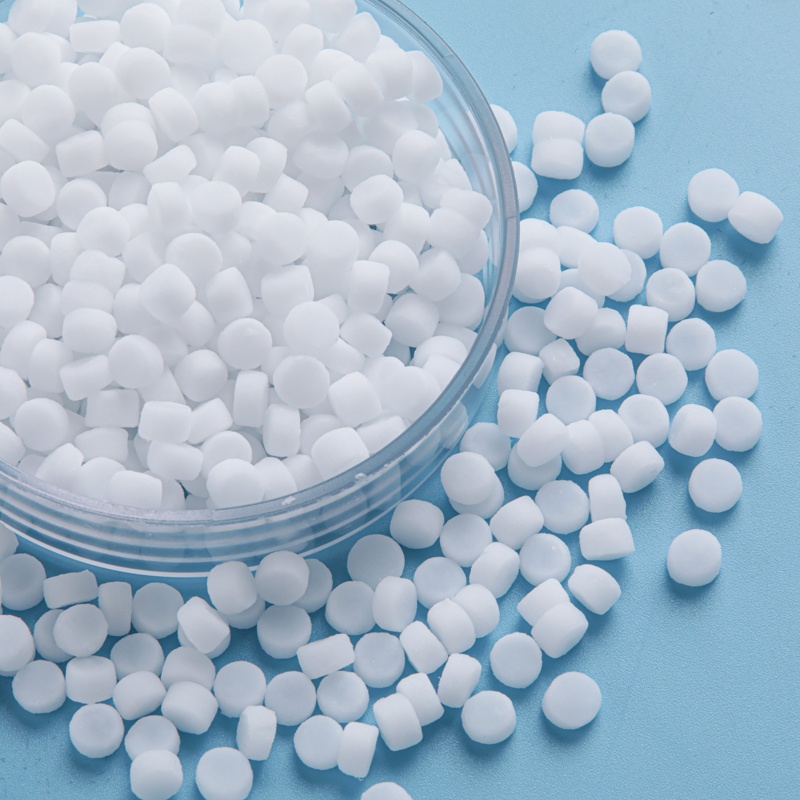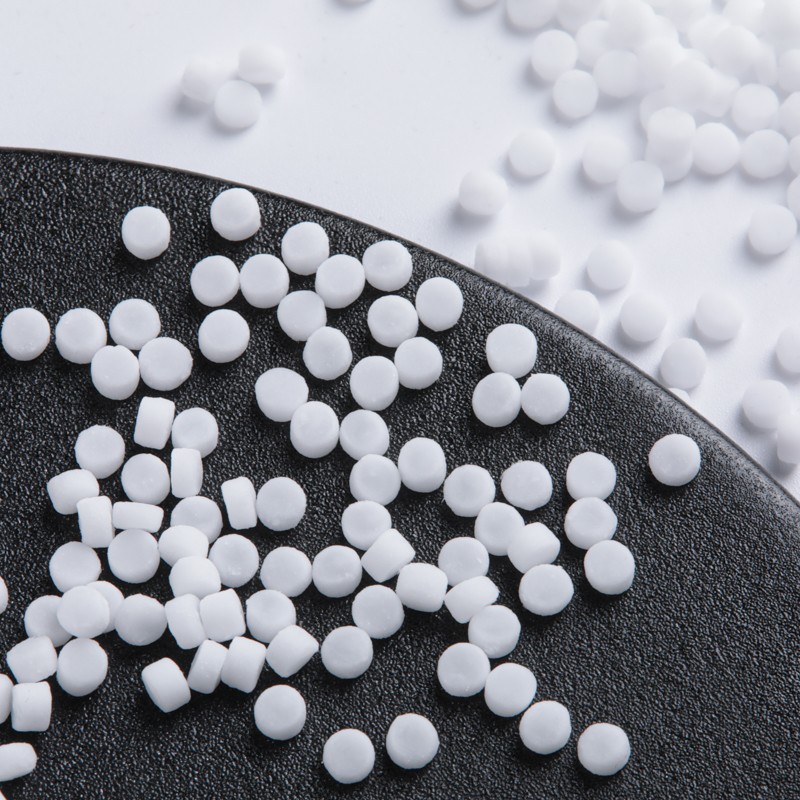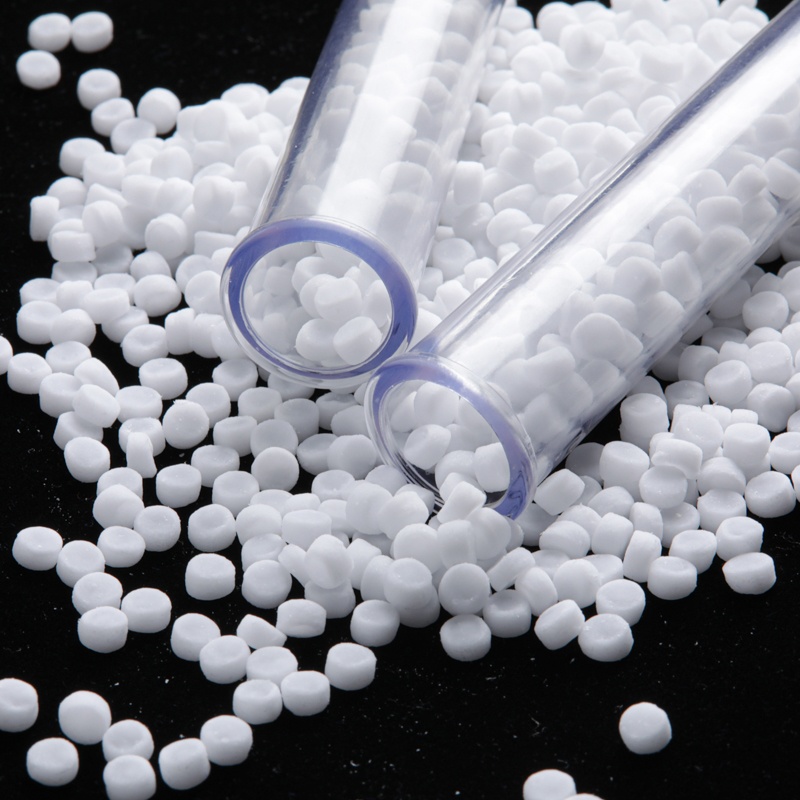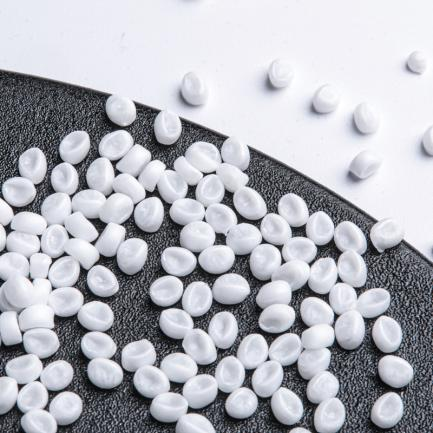1. The application of silicone powder in engineering plastics is mainly reflected in the following aspects:
1. * * Improve processing fluidity and demolding performance * *: Silicone powder can significantly reduce the friction coefficient during plastic processing, improve mold filling ease, reduce torque, and minimize equipment wear, thereby reducing product defect rates.
2. * * Improving Surface Performance * *: Silicone powder can improve the surface gloss of engineering plastics, enhance the silky texture of the surface, improve wear resistance and scratch resistance, which is particularly critical for engineering plastic products that require high surface quality.
3. * * Improve flame retardant performance * *: When silicone powder is used in combination with certain flame retardants, it can promote the formation of a dense expanded flame retardant carbon layer, improve the flame retardant performance of the material, and reduce smoke density.
4. * * Promoting Crystallization * *: In certain applications of engineering plastics such as polyamide (PA), polycarbonate (PC), etc., silicone can promote the crystallization of polymers, improve the mechanical properties and heat resistance of materials.
5. * * Improve Impact Strength * *: The addition of silicone powder can enhance the impact strength of high filling materials, especially in high filling halogen-free flame retardant and high filling reinforcement modified systems.
6. * * Synergistic flame retardant effect * *: The synergistic use of silicone powder and expansive IFR flame retardant can improve the flame retardant effect of polypropylene (PP).
7. * * As a wear-resistant additive * *: In materials such as nylon (PA) 66, silicone powder can reduce the friction coefficient and improve wear resistance.
8. * * Sulfurization kinetics behavior * *: Silicone powder has an impact on the vulcanization kinetics behavior of the peroxide vulcanization system of ethylene propylene diene monomer (EPDM), and the rate constant and order of the vulcanization reaction can be adjusted.
9. * * Improve forming flexibility and reduce defect rate * *: Silicone powder can improve the forming flexibility of engineering plastics, reduce defect rate, improve mechanical properties, and bring smooth surfaces.
10. * * Environmentally friendly and Sustainable Development * *: Silicone powder, as an efficient and multifunctional powder like modifier for organic silicone plastics, has the characteristics of non precipitation and non slip during extrusion in screws, which meets the requirements of environmental protection and sustainable development.
2. The specific role of silicone powder in improving the heat resistance of engineering plastics is mainly reflected in the following aspects:
1. * * Improve thermal stability and tensilxe strength * *: Silicone powder has a small particle size and heterogeneous nucleation effect, which can form small spherical crystals, improve the crystallization state of the material, increase crystallinity, and thus improve the tensile strength (hardness) of the composite material. In addition, silicone powder can reduce the cooling rate of the substrate, improve the heat resistance and degradation temperature of the material, and enhance the thermal stability of the substrate.
2. * * Promoting Crystallization * *: When silicone is used in engineering plastics such as PA, PC, PPS, etc. with high processing temperatures, it can promote polymer crystallization and improve the material’s heat resistance.
3. * * Improve flame retardant performance * *: When silicone is used in combination with certain flame retardants, it can improve the flame retardant performance of engineering plastics, reduce smoke density, enhance the impact strength of high filling materials, and have good stability and non migration properties.
4. * * Improving the processing flowability of composite materials * *: Silicone can accelerate the breakage of matrix particles and crosslink into the molecular chains of the matrix. Due to the flexibility of siloxane molecular bonds, the friction between molecular chains is reduced to provide lubrication, thereby improving the processing flowability of composite materials.
5. * * Improve product surface smoothness * *: Silicone powder can improve the surface smoothness of products when used in modified engineering plastics, especially in composite systems reinforced with glass fibers or inorganic fillers. Silicone powder can improve the adhesion and dispersion between fillers and matrix resins, effectively prevent the exposure of fillers, and improve the surface quality of products.
6. * * Improving Melt Quality * *: The addition of silicone powder can significantly enhance the melt quality and flow rate of modified PC systems, thereby improving the processing performance of materials and the quality of final products.


